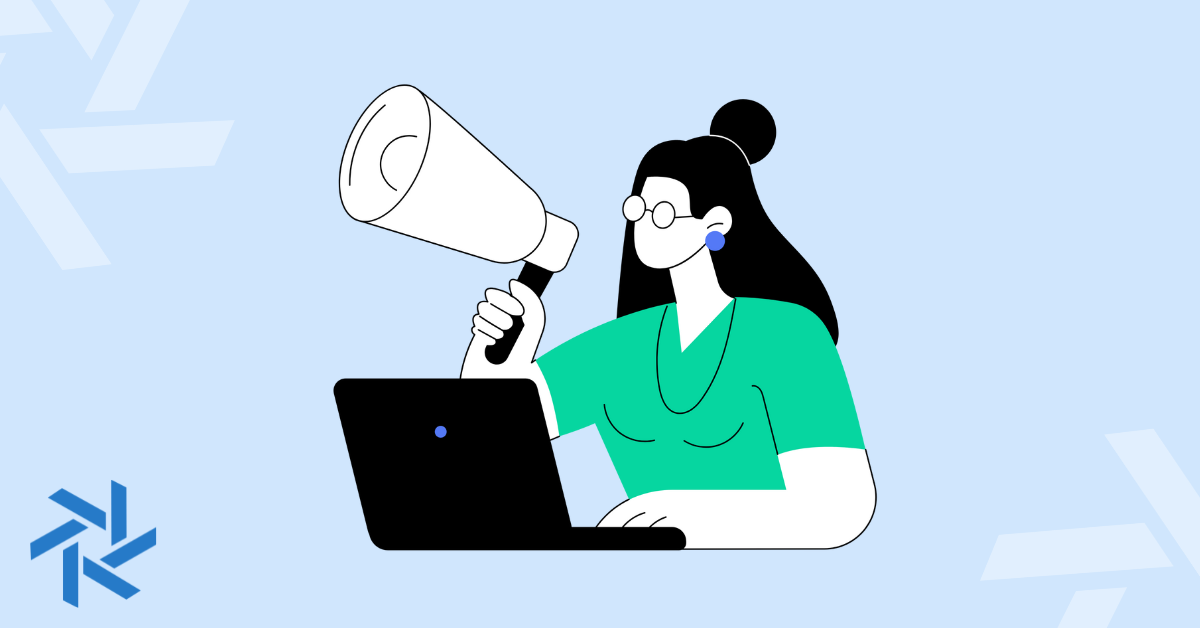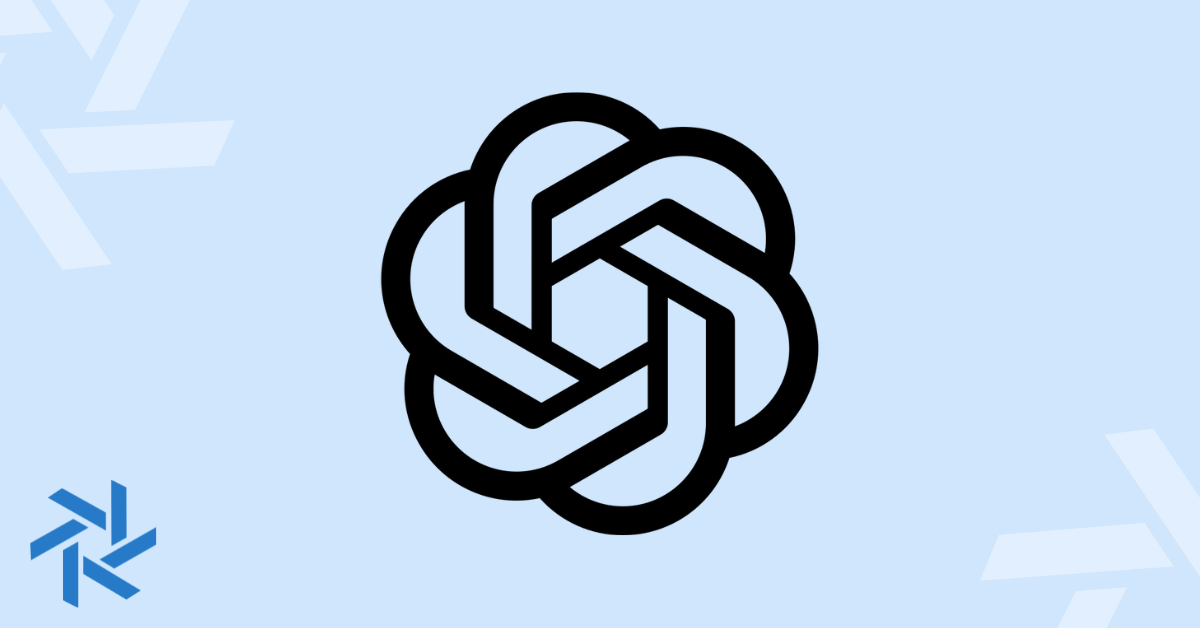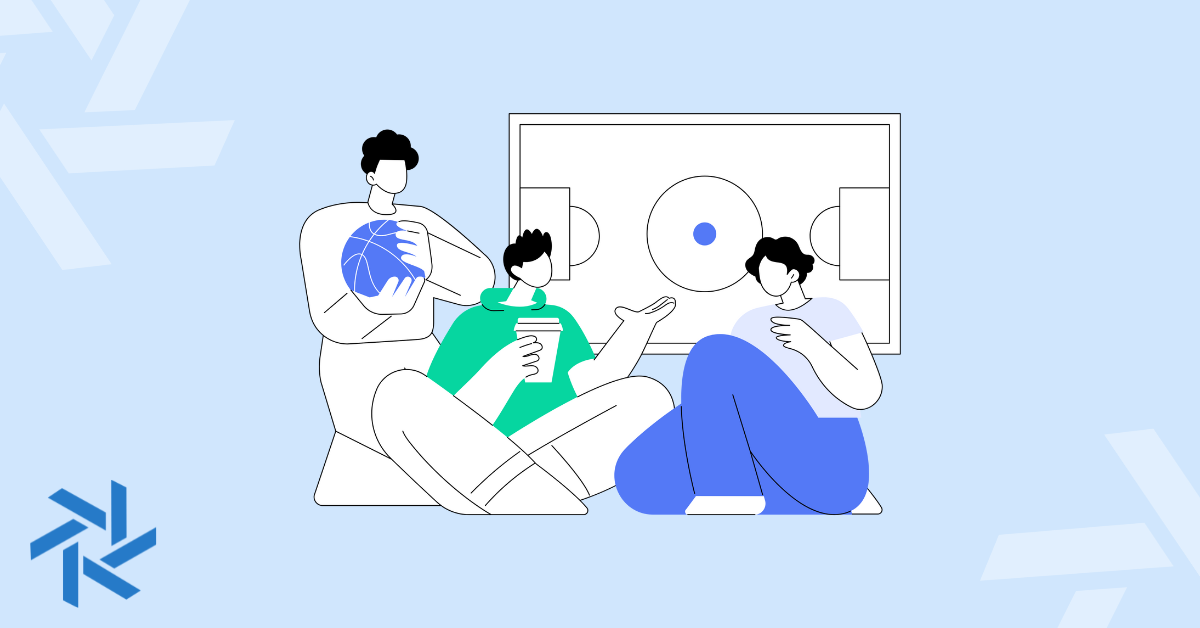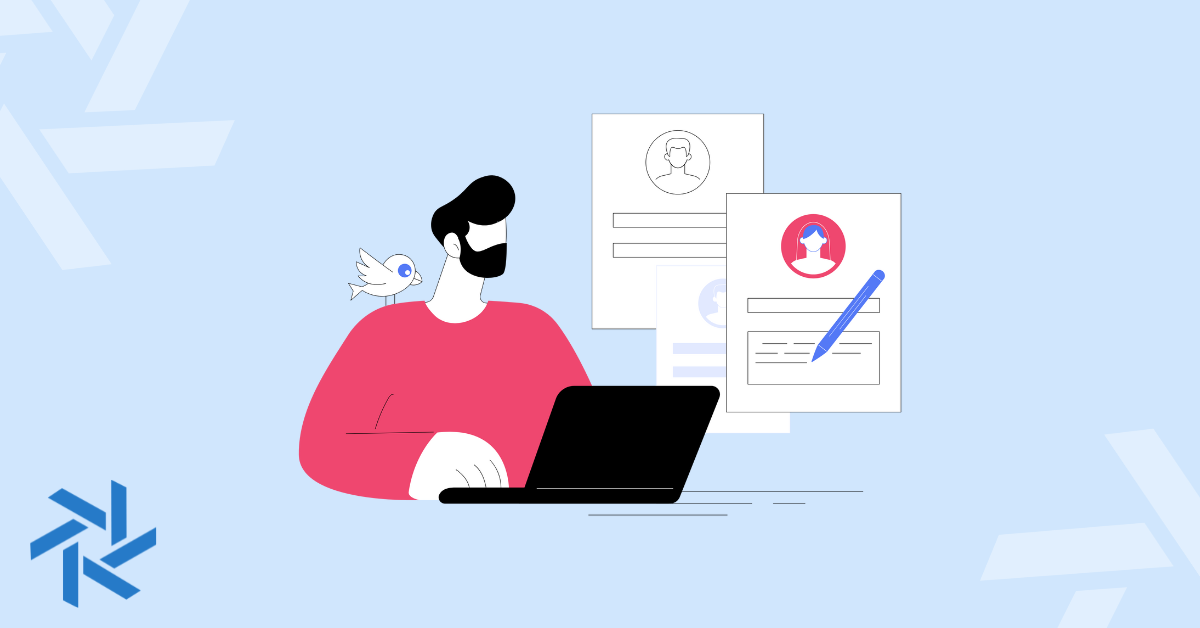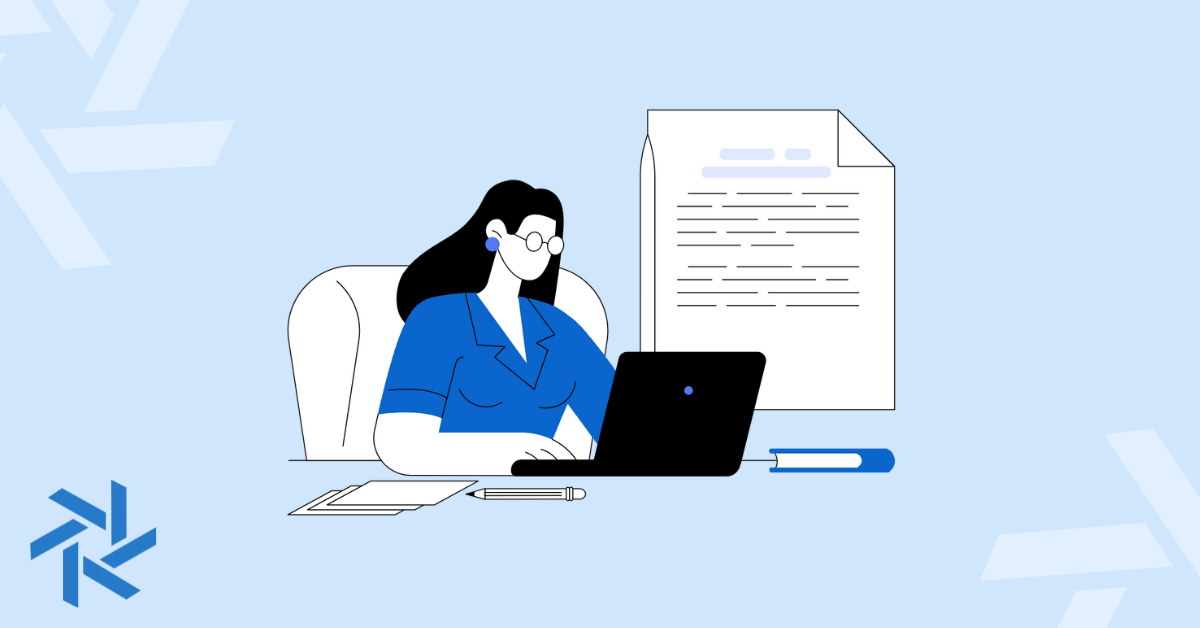How Long Do Job Interviews Last? (Video, Phone, and More)

Whether you’re new to the workforce or a seasoned pro, snagging a job interview can be a thrilling moment. But as the working world evolves to embrace remote employees, you may wonder if the rules have changed about how long a job interview will be.
After all, you might be sitting at home in your living room for the interview and making small talk over a camera. Or, you could find yourself in the more traditional place of chatting with managers at an office—even if the position you’re interviewing for is designed to be fully remote.
In general, you can expect most job interviews to last about 30 minutes to around 1 hour.
But with so many new working scenarios for a radically changing world, it’s smart to reset some expectations for the length of a job interview and tailor your strategies accordingly.
After all, if you begin an interview assuming it will be over in 10 minutes but find you’re expected to stay an hour, you’ll run out of pre-planned talking points and could struggle for on-the-spot answers. No matter what kind of role you’re interviewing for, realistic expectations will set you up for success.
How Long Do Job Interviews Last?
Every interview will be a little different, and certain professions may require unique screening exams for job candidates (like technical interviews for software engineers).
But generally, interviews tend to last between half an hour to 60 minutes.
That’s for practical reasons:
Talking to a candidate for just a few minutes won’t allow interviewers to get a complete picture of their abilities, while keeping someone for over an hour might build stress and strain schedules.
No matter what job you’re interviewing for, though, you’re likely to encounter multiple phases in the process. Keep in mind that interview lengths may vary based on which stage you’re at.
How long do phone interviews last?
A phone call is often the opening interview of the hiring process. Sometimes called “screeners” in the human resources world, these interviews tend to be among the shortest because they’re meant to see who should advance to more in-depth conversations.
The screening interviews over the phone tend to last between 15 and 30 minutes. They offer an early chance to show off your skills in a more low-key setting and are usually the shortest form of an interview.
How long do in-person interviews last?
The time frames for in-person interviews can vary because there are many kinds of in-person interviews. Some companies may want you to stay longer, for example, so that you can meet multiple team members consecutively. Other times, you might end up taking a screening test before or after the actual interview.
Because an in-person meeting might occur at any stage of the hiring process, it’s often best to ask in advance what the session will entail. If you aren’t given details, assume you’ll be staying somewhere around the upper end of the 30-60 minute window (if not longer).
How long do video interviews last?
You can expect a video interview to last anywhere from 30 minutes to an hour. Much like in-person interviews, video interview lengths can vary based on which stage of the hiring process you’ve reached.
For example, if you are interviewing for a remote job, your video interview could just be your first screening. And then later, you may have another video interview with different team members, which could take longer.
But even though a video interview allows you to skip some travel time, you can still expect most recruiters and hiring managers to keep things relatively concise.
Tip: Should you have your camera on or camera off during virtual meetings?
How long do technical interviews last?
If you’re interviewing for a position in software, engineering, or other tech-related fields, you’ll probably be asked to show off some of your skills in a technical interview. Expect this interview to last at least an hour, as you’ll be fielding questions from employees as well as taking on coding problems or similar screening exams.
With so many high-paying tech positions trending toward remote work, it can be wise to test your technology ahead of time if you’ll be interviewing online. This is true for any video interview, of course, but even more so for technical interviews that often require special software or if you are taking on an assignment to prove your knowledge.
How long do open-hiring interviews last?
Open-hiring interviews are unique because the hiring manager you meet with knows nothing about you yet. These interviews give you a chance to skip pre-screening processes and get yourself in front of a company representative on your terms.
However, you probably won’t be the only person vying for a job. Generally, expect to be at an open hiring interview for at least an hour.
Open interviews can draw big crowds, so it’s difficult to estimate how long you’ll be there. Even if you end up chatting for just a few minutes with a recruiter, you should plan to carve out some time for the full event itself. If lots of job applicants show up, you may be waiting around for a while.
How long do panel interviews last?
Like open-hiring interviews, panel interviews can bring a host of unexpected variables. Sometimes you’ll meet with people at the same stage of their career as you; sometimes you could speak with employees you’ll interact with very rarely at the job itself.
Either way, you’ll be speaking with a group, and that means everyone will have questions of their own to ask. As a result, you can expect a longer interview when you’re in front of a panel. Depending on who you’re speaking with and what kind of company you’re applying to, plan to stay for at least 45 minutes and up to one hour.
How long do remote interviews last?
A remote interview may be a video interview, as discussed above, but it could also be a simple phone call. When planning how much time to budget for a remote interview, pause to evaluate which stage of the hiring process you’ve reached. This can range anywhere from 15 minutes to over an hour.
- Haven’t spoken to anyone from the company yet? Your interview may be a quick 15-minute screening.
- Completing the final interview for a remote company over video? You should be prepared to speak about your skills and experiences at length for 45 minutes to an hour.
Tip: If the job you are interviewing for is remote, be prepared to answer some questions related to not working in the office. You might be asked why you want to work remotely, what skills help you work from home efficiently, etc. You’ll want to make sure you have some good talking points around remote work, as it most likely will come up during the interview.
Are Short Interviews A Bad Sign?
Finishing an interview in what seems like record time can be scary.
Short interviews aren’t necessarily a bad thing. Employees have time constraints you may not be aware of, and if you’re still relatively early in the hiring process, they may still be screening you before advancing you to longer conversations.
Try not to feel discouraged if your interview lasts just 15 minutes or so. There are no hard and fast rules in the hiring world, and you may end up surprised later.
Quick Tips to Maximize Job Interview Time
- Prepare some answers in advance. Research typical questions for job interviews and ones in your particular field, and memorize a few talking points in case those questions do come up. These will be useful whether a phone interview, virtual meeting via Zoom, or in-person.
- Own the conversation. If you’re hoping to share information about a certain skill or experience, divert the conversation to that topic whether or not it’s inquired about.
- Ask questions of your own. Remember, you’re interviewing the company to see if they’re a good fit for your needs too. If you’re interviewing for a remote position, be sure to ask questions about how the company builds culture and handles communication.
- Be ready for anything! By practicing with a friend or family member, you can roleplay various scenarios. This can help you make the most of your time no matter which questions come your way.
It’s impossible to know everything that a job interview will hold, but you can control more of the process than you might assume. By keeping smart expectations about time frames and preparing as much as you can, you’ll set yourself up for success.


